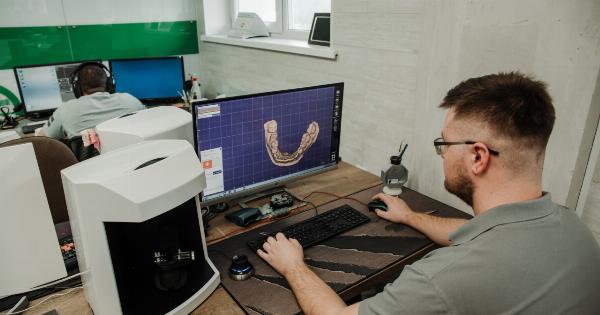Aging is an inevitable biological process that occurs in all living organisms. Throughout history, scientists have been captivated by the mysteries of aging and have dedicated their efforts to understanding the factors that influence it.
Recently, a groundbreaking discovery has shed light on a potential key player in the aging process – an enzyme that controls aging. This remarkable finding has opened up new avenues for research and has the potential to revolutionize the field of aging and longevity.
What is Aging?
Aging is a complex phenomenon characterized by a time-dependent decline in the physiological functions of an organism. It is associated with an increased susceptibility to diseases and a higher risk of mortality.
In humans, aging is marked by a gradual decline in physical strength, cognitive abilities, and overall health.
The Discovery
In recent years, researchers have made significant strides in unraveling the secrets of aging. One such breakthrough occurred when scientists discovered an enzyme called telomerase that has the ability to control aging.
What is Telomerase?
Telomerase is an enzyme that plays a crucial role in maintaining the length of telomeres – protective caps at the ends of chromosomes.
Telomeres are made up of repetitive DNA sequences and protect the genetic material from degradation and fusion with other chromosomes. With each cell division, telomeres become shorter, eventually leading to cellular aging and senescence.
The Role of Telomerase in Aging
As telomeres shorten over time, cells become less able to replicate and repair themselves. This eventually leads to cellular senescence, a state in which cells can no longer divide.
Cellular senescence is a hallmark of aging and is associated with a decline in tissue function and an increased risk of age-related diseases.
Telomerase, however, has the ability to counteract this process. It can restore the length of telomeres and prevent cellular senescence, allowing cells to continue dividing and functioning properly.
This discovery has fueled excitement among researchers, as it suggests that controlling telomerase activity may be a potential strategy to slow down or even reverse the aging process.
Implications and Potential Applications
The discovery of the aging-controlling enzyme has profound implications for the field of anti-aging research. Researchers are now exploring the potential applications of this enzyme in various areas, including:.
1. Age-Related Diseases
Many age-related diseases, such as cardiovascular disease, Alzheimer’s, and diabetes, are associated with cellular senescence.
By harnessing the power of telomerase, scientists hope to develop new treatments that can delay or prevent the onset of these diseases.
2. Longevity
The ultimate goal of many scientists in the field of anti-aging is to extend human lifespan. The discovery of the aging-controlling enzyme provides a promising avenue for achieving this goal.
By manipulating telomerase activity, researchers could potentially slow down the aging process and increase lifespan.
3. Regenerative Medicine
Telomerase has also been implicated in the field of regenerative medicine. By activating telomerase in certain cell types, scientists hope to stimulate tissue regeneration and repair, leading to improved outcomes in various conditions and injuries.
Challenges and Future Directions
While the discovery of the aging-controlling enzyme holds great promise, there are still several challenges to overcome. One major obstacle is the risk of promoting cancer growth.
Telomerase is often upregulated in cancer cells, allowing them to divide indefinitely. Manipulating telomerase activity in healthy cells must be done with caution to avoid promoting cancer development.
Additionally, more research is needed to fully understand the mechanisms of telomerase regulation and its impact on aging.
Scientists are actively investigating ways to modulate telomerase activity without increasing the risk of cancer, seeking a delicate balance between longevity and disease prevention.
Conclusion
The discovery of an enzyme that controls aging represents a significant milestone in the quest to unravel the mysteries of aging.
Telomerase, with its ability to maintain telomere length and prevent cellular senescence, holds immense potential for therapeutic applications in age-related diseases, longevity, and regenerative medicine. While challenges remain, scientists are optimistic that further research will lead to innovative strategies for promoting healthy aging and extending human lifespan.





























